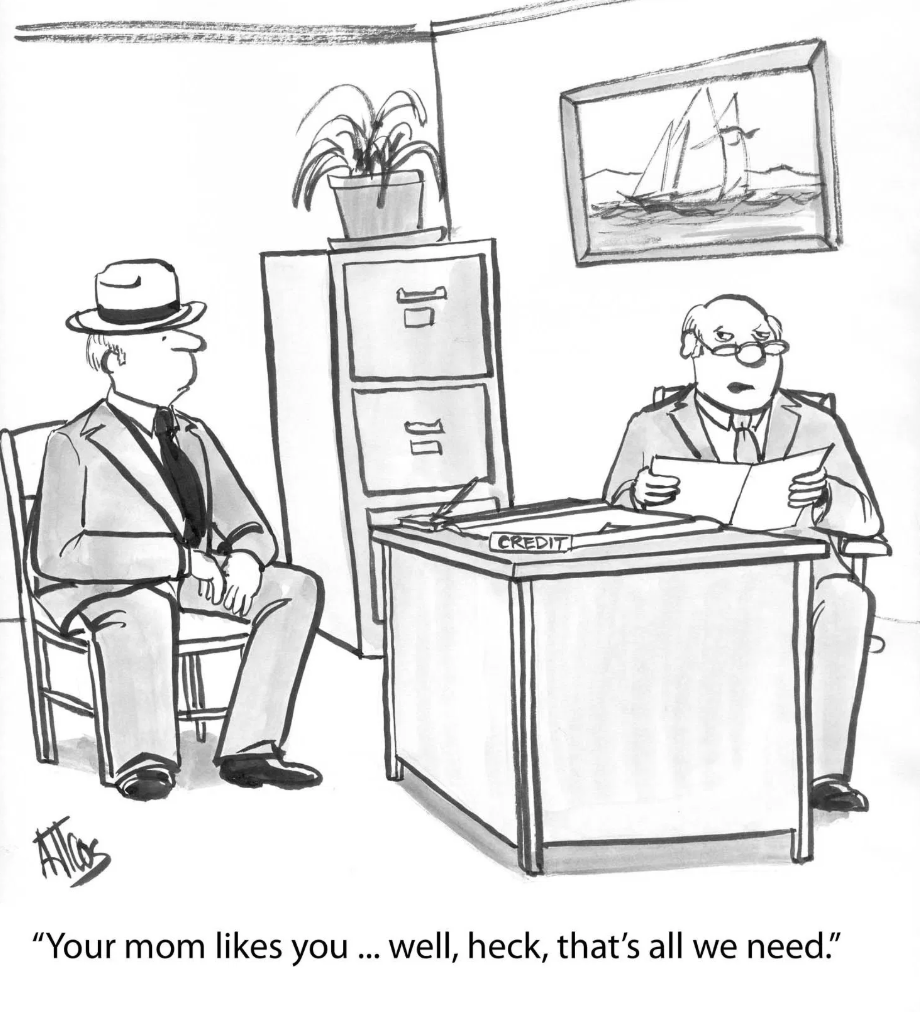;)
How to Assemble Your Best Job References
| March 19, 2019| Interviews
You’ve done the hard work: submitted your resume, aced the interview and impressed your potential new employer—who’s now asked you to provide employment references. Piece of cake, right?
Actually, as you’re in the home stretch of the hiring process, now’s the time to really think about who should be singing your praises. The goal is to make sure you find the best group of references—your advocates—to tell a collective story about why you are the best person for the job.
Many Voices to Tell Your Story
Identify references who have had different professional affiliations with you. Together, their input will illustrate a complete and consistent story about you throughout your career. As individuals, each reference will focus on something outstanding about your relationship with them. Employers will appreciate hearing these different perspectives, which together form a common theme about who you are as a professional.
- Former employer or supervisor
- Colleagues and clients
- Teacher, an advisor or other faculty members
- References already working at your potential employer
Genuine Advocates
Your best references will speak about you naturally and genuinely. The employer should be able to hear the enthusiasm in their voice. They might have certain stories and examples that showcase your skills, work ethic and best achievements. They might even be able to talk about your character, personality and accomplishments outside of work, which round out who you are as a person.
Once you’ve identified your best references, ask them to speak on your behalf. How you ask them depends on your relationship. Ideally, you’re already have a great relationship with them, and at the very least, they wouldn’t be surprised or put off by your request. You can ask things like, “Would you be comfortable providing a positive and even enthusiastic recommendation on my behalf?, “Are you able to share some of the highlights of the work we did together?” or “Would you mind talking about specific accomplishments or other details about my strengths?”

A Sound Strategy
By strategically choosing your best references, you’ll find the right mix of advocates to champion your professional story and personal character, for the best and most complete representation of who you are and why you’re right for the job. Your references will highlight certain examples that show you in the best possible and sincere light, while tying into the specific job you’ve applied for. They will substantiate your resume and application with a human voice that speaks volumes.
Finally, do not list your references on your resume or write that references are furnished upon request, since that’s a given. And don’t forget to offer to be someone else’s reference—remember to pay it forward.
